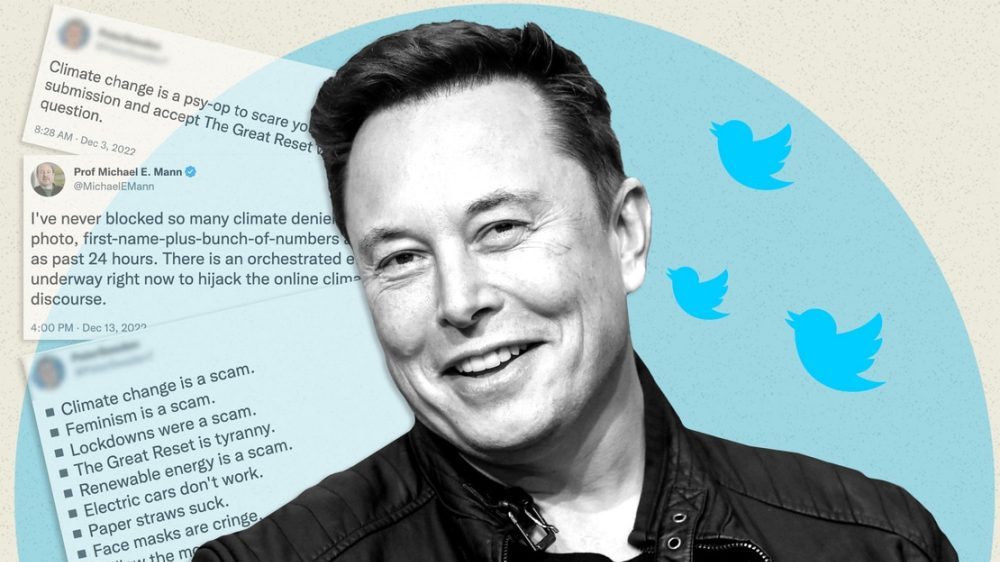
Social media platforms continue to grapple with the pervasive issue of climate change misinformation, with some of it being financially supported by the fossil fuel industry. A recent analysis conducted by a coalition of environmental organizations and researchers, known as Climate Action Against Disinformation, sheds light on the efficacy of major social media platforms in moderating climate denial content.
According to the report, Google, YouTube, Meta (formerly Facebook), and TikTok all fall short in effectively moderating factually incorrect climate information. Notably, Twitter, now referred to as X, stands out for its lack of clear policies on handling such content and its lack of transparency regarding actions taken or not taken.
The evaluation of platforms in this assessment was based on their ability to moderate inaccurate climate information, with a maximum score of 21 points. Pinterest earned the highest score with 12 points, followed by TikTok with nine points, and Meta-owned platforms Facebook and Instagram with eight points. YouTube received six points, while X ranked at the bottom, securing just one point.
Last year, on Earth Day, X decided to prohibit advertisements that deny the scientific consensus on climate change. However, this move came after the platform’s initial commitment to combat climate misinformation through ads.
In 2019, X had committed to rejecting political advertisements, including those from climate denial groups. Unfortunately, this policy did not effectively prevent “greenwashing” ad campaigns by entities such as ExxonMobil and other fossil fuel industry players.
Following Elon Musk’s acquisition of X in the autumn of 2022, the platform experienced setbacks in its enforcement efforts and witnessed policy reversals related to content moderation. Researchers expressed concerns about the uncertainty surrounding the standing policies of X under Musk’s ownership.
While other social media platforms received higher scores in the report, it is important to note that most still lacked certain fundamental aspects. For instance, YouTube, Meta, and TikTok were found to lack a clear and comprehensive definition of climate change, according to researchers.
However, the most significant concern highlighted by the study is that none of the platforms appear to provide users with updates on actions taken after reporting climate misinformation. Additionally, they do not regularly publish reports detailing how algorithm changes impact climate change-related information.
This study underscores the ongoing challenges social media platforms face in addressing climate misinformation and calls for greater transparency and accountability in their efforts to combat this critical issue.




